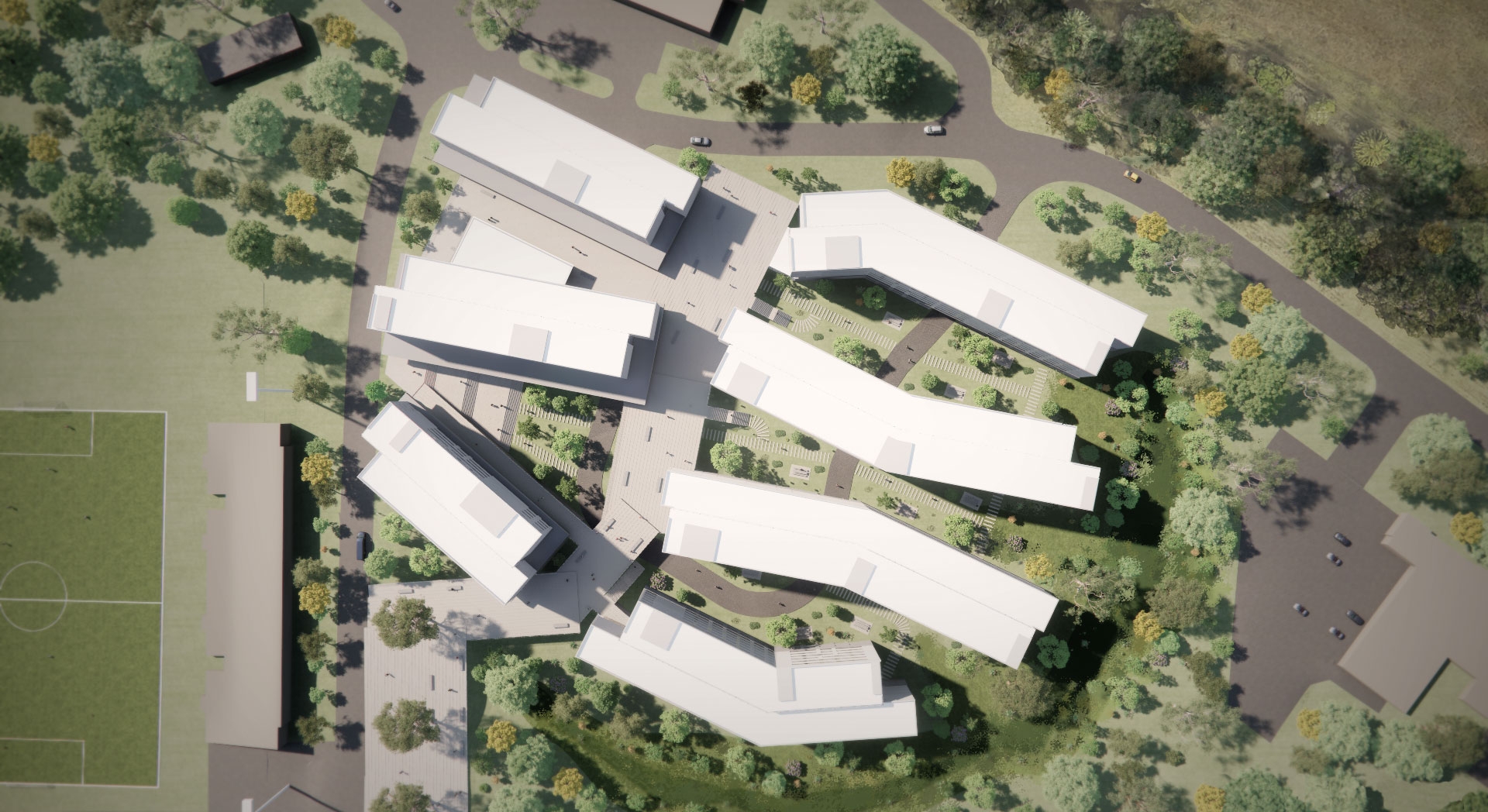
Ready for the Next Jump
Growing up in Glenrothes — once deemed “the most dismal town in Scotland” — Chris Turner had a reasonable fear: “I’ve always been worried that my life would’ve been boring,” he said, “and I want to feel like I’ve accomplished something.”
He should worry no more.
When Turner graduates from UC Santa Barbara June 16 with a bachelor’s degree in biological anthropology, he’ll walk across the commencement stage as a man with plenty to crow about (not that he would).
Consider: He spent 10 years jumping out of airplanes as a U.S. Army combat medic with the 82nd Airborne. He deployed to Iraq twice and Afghanistan once. Along the way he earned a Purple Heart and an Army commendation for valor. “My first deployment I got the enemy marksmanship badge,” he said. “Seemingly you’re supposed to duck. In my defense they were firing RPGs (rocket-propelled grenades). They’re hard to avoid. Our vehicle got hit by two RPGs.”
He left the Army after too many rough landings — “I never had a bad jump, but I never had a good jump either” — and struggled to find work. “It’s hard to explain what a combat medic who’s jumped out of planes can really do for you in insurance,” he said in the brogue that’s softened only slightly after 23 years in America.
Eventually, Turner enrolled at Antelope Valley College and discovered anthropology and a love of bones. “I knew anatomy fairly well, and so having this experience of actually looking at bones and identifying them and re-articulating them was just amazing for me,” he said. “So that was what drew me to anthropology, specifically biological anthropology.”
That fascination with bones landed him at UCSB, where he’ll graduate with a 3.94 GPA as one of 10 members of the McNair Scholars Program, which prepares underrepresented students for Ph.D. studies. Turner heads next to the University of South Florida, where he’ll work toward a master’s degree in forensic anthropology, courtesy of a National Science Foundation fellowship that will provide him an annual stipend of $34,000 for three years. After that he’d like to get his Ph.D. and repatriate the remains of fallen soldiers from battlefields around the world.
If he sounds in a hurry, so be it. There’s no time to waste. He’s 42 years old and has a wife, a 7-year-old son and another son due in August, two weeks before he starts at USF. “I did everything old,” said Turner, who joined the Army at 26 a year after the Twin Towers fell on Sept. 11, 2001.
It’s not easy being an older transfer student, and the difficulty increases by orders of magnitude when you’re a vet with a family. Students like Turner benefit from programs that make the transition easier, but not all campuses are created equal. He was accepted to multiple schools, including UCLA, but he liked what he saw at UCSB.
“I think there’s big support for veterans and for transfer students here that I didn’t feel at the other UCs I visited,” said Turner, who recently received the inaugural Outstanding Transfer Student award. “UCSB was the only one that, as an older student and as a veteran, I felt I had a connection.”
With the support of this wife, Rya, who he described as “fiery and tolerant,” he dived right in as a full-time student. While the work was challenging, he said he found inspiration in his fellow students, especially the other McNair scholars. He noted that some of them work full time, carry a full load of classes and still maintain high GPAs.
“There are a few that have a 4.0 GPA and they’ve got full-time jobs,” he said. “How did they do that? That’s more impressive than somebody’s who got a family, who doesn’t have to work and maintains a 3.9. All I have to worry about is my wife managing to cope with my son and the house and making sure I get my work done. I have one job. This is the least amount of jobs I’ve ever had my entire life.”
For his senior thesis, Turner studied the evolution of PTSD, a subject with which he became acquainted after his vehicle was hit by RPGs. Specifically, he wants to know if PTSD is something that’s been evolutionarily selected for, and if so, why?
“It’s a question that has perplexed me,” he said, “especially when I was sitting in the VA hospital, and you’re going through all the tests, and they’ll tell you, ‘OK, you have PTSD.’ ”
School, it turned out, was both trigger and release for Turner, who came to the U.S. at 19 to work with disabled children. His time in the high desert surrounding Antelope Valley College was a little too reminiscent of his deployments in the Middle East.
“I wonder how I managed to maintain a decent GPA there,” he said, “because I was on edge. I didn’t realize how much on edge until I got here and I felt a weight being lifted off me. Driving around the desert I was always scanning, I was always waiting for something, and I realized that I can’t do deserts.”
It’s fair to say Turner has thrived at UCSB, though he waves off compliments. He is, after all, a man who used to jump out of airplanes with guys carrying high explosives.
“It’s more or less just pig-headed stubbornness,” he said. “I put one foot in front of the other, get up every morning, put my pants on and hope. Try to look both ways before crossing the road. Waiting for something to fall out of the sky and hit me. Things never seem to go altogether perfect, but they are right now, knock on wood.”



